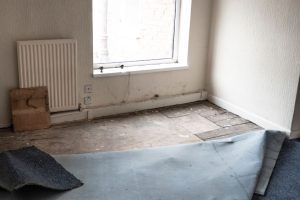
Preparing for Storm Season
Queensland summers are a time when the skies can shift from calm to chaos in just moments -delivering a deluge of rain, lightning and in recent years, flooding. With these unpredictable weather patterns often causing significant disruption, preparation is more than just a precaution – it’s a necessity.




